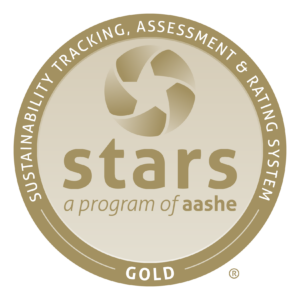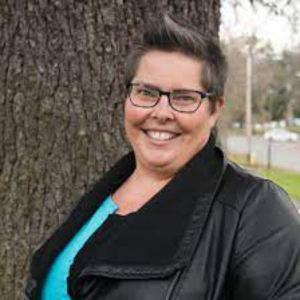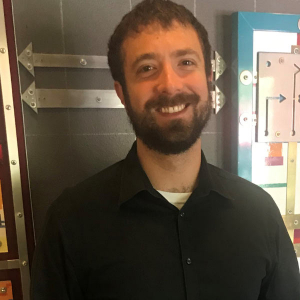SOU achieves “Gold” in prestigious sustainability rating
(Ashland, Ore.) — Southern Oregon University has jumped from a “Silver” to a “Gold” rating for campus-wide sustainability achievements, as measured by an evaluation system developed by the Association for the Advancement of Sustainability in Higher Education (AASHE) and used to grade colleges and universities worldwide.
 “It is an honor for SOU to be recognized for its contributions to heal and preserve our environment,” SOU President Rick Bailey said. “Achieving the ‘Gold’ level is a huge accomplishment that reflects our commitment to sustainability.
“It is an honor for SOU to be recognized for its contributions to heal and preserve our environment,” SOU President Rick Bailey said. “Achieving the ‘Gold’ level is a huge accomplishment that reflects our commitment to sustainability.
“We still have several projects in the works or in development that I am convinced will make our university even more of a national model – and will lift us to this rating system’s very highest level,” Bailey said. “We are very grateful to Becs Walker and all of the staff members and students who lead us in these important efforts.”
Participants in AASHE’s Sustainability Tracking, Assessment & Rating System (STARS) can be recognized simply for reporting their sustainability achievements, or for rating at the organization’s bronze, silver, gold and platinum levels. STARS is used by more than 900 participating institutions in 40 countries, rating their sustainability efforts in five categories: academics, engagement, operations, planning and administration, and innovation and leadership.
SOU first achieved the system’s silver level in 2017, and that rating was reaffirmed in 2019. The new gold rating takes into account the university’s ongoing efforts to attain its sustainability goals. STARS assesses environmental factors, along with social and economic considerations. SOU has demonstrated progress in many areas related to sustainability in achieving the gold rating, including governance of sustainability, health and wellbeing, protecting the environment, equity, social justice and community engagement.
SOU has completed eight new green building projects over the past three years, for instance, with four of them including new solar arrays. Three buildings on campus currently fall under the “net-zero” category, meaning they create more energy than they spend. President Bailey and the SOU team are also working to secure funding for solar projects that would eventually enable SOU to produce all of its own electricity, and potentially to sell excess power production.
“SOU’s gold STARS rating demonstrates leadership in sustainability across the SOU community,” said Becs Walker, SOU’s sustainability and recycling manager. “Sustainability is not just about doing something that has a positive impact – or negates an adverse impact – on the environment. It is about system change for the economy, society and the environment. We are continuing to challenge ourselves in building a better way of doing things here at SOU.”
The upgraded STARS rating from AASHE is the latest of many recognitions of the university’s sustainability efforts in recent years. The American Association of State Colleges and Universities recognized SOU in 2019 as the organization’s Excellence and Innovation Award recipient for comprehensive sustainability and sustainable development. The university also received an honorable mention that year at the Presidential Climate Leadership Summit.
SOU was the nation’s first certified Bee Campus USA and has maintained that certification, has been named a Tree Campus USA for five consecutive years and has been recognized for the ninth year in a row as one of the nation’s top 30, “Best of the Best” LGBTQ-friendly colleges and universities by Campus Pride – a nonprofit that supports and improves campus life for LGBTQ people on campuses nationwide.
AASHE is a nonprofit organization that helps colleges and universities work together to create and lead the way to a sustainable future. Its STARS program is the most widely recognized framework in the world for publicly reporting comprehensive information related to a college or university’s sustainability performance.
-SOU-












